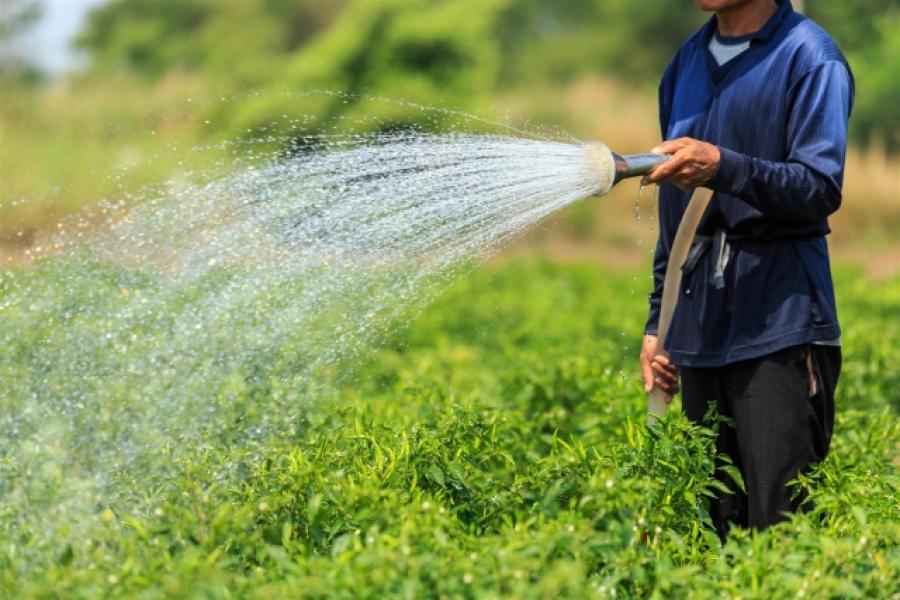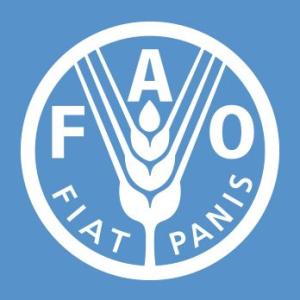FAO boosts Iranian experts’ knowledge of agricultural water saving and water productivity
27 October 2020
- Tehran – The Food and Agriculture Organization of the United Nations (FAO), as part of its multilateral project to support Iran in reducing the agriculture water consumption in the Lake Urmia basin, equips Iranian experts with the requisite knowledge and skills to implement the advanced approach of Real Water Savings (REWAS) in the agriculture sector.

Like many other Asian nations, and due to projected population growth, economic development and associated water demands, the country is expecting to experience growing water scarcity over the following years.
In these circumstances, and considering a growing body of evidence revealing that many of the traditional water saving technologies are ineffective, FAO and the Urmia Lake Restoration Program (ULRP) link arms, providing an eLearning opportunity for Iranian officers and researchers from the Ministry of Agriculture Jahad, the Ministry of Energy, ULRP and a number of academic institutions, on using REWAS. This training enables Iranian experts to estimate real water savings and water productivity in the Urmia Lake basin, and evaluate the impact of field-scale crop-water interventions on basin-scale water savings, more accurately.
The eLearning program is provided by FutureWater research and consulting organisation under the FAO Water Scarcity Initiative for Asia and the Pacific.
“REWAS provides the decision-makers with an insight of water flows at the farm, irrigation system, and basin scale. It leads to a higher awareness of the factors involved in achieving real water savings and improving the water productivity of the agricultural sector,” said Jonna van Opstal, Water Productivity Expert at FutureWater, who also led this virtual training.
“REWAS is using the concept of ‘following the water.’ In this approach, drainage, runoff and percolation to the groundwater are no longer considered as ‘losses,’ because downstream users often use these recoverable waters. This concept resolves a paradox in the water sector where more efficient technologies are expected to reduce water demands, but in reality, lead to higher water consumption and exacerbating the water scarcity problems,” added van Opstal.
As per this expert, adopting such an approach can stop the false belief that high-tech irrigation methods (e.g. drip irrigation) save high amounts of water. It likewise supports the development of better water governance, which can regulate the expansion of unsustainable irrigated areas by evaluating real water savings.
FAO, being the lead UN agency in promoting climate-smart agricultural and sustainable rural development, supports its Member Countries in developing and implementing policies, measures and practices that facilitate addressing the risks and threats posed to the agriculture sector and rural communities.
***




